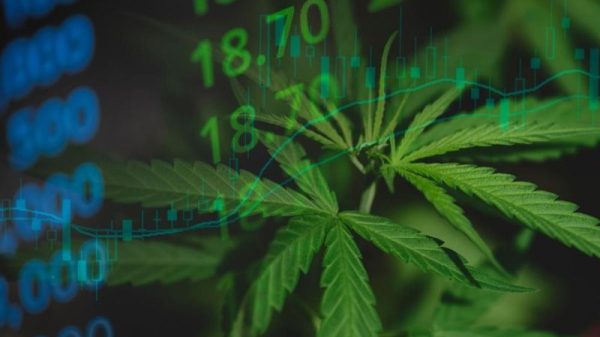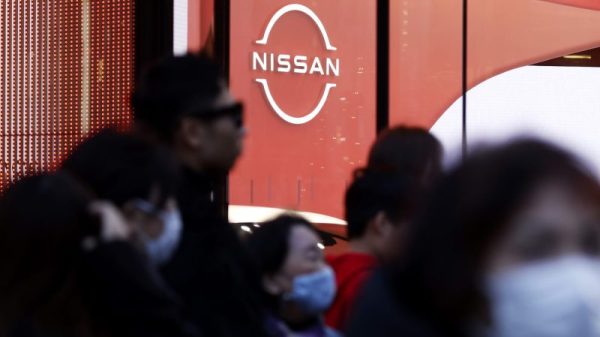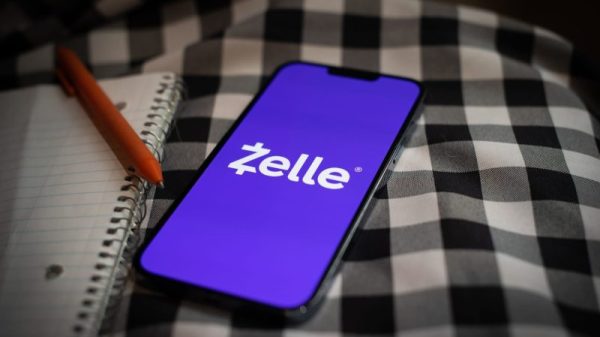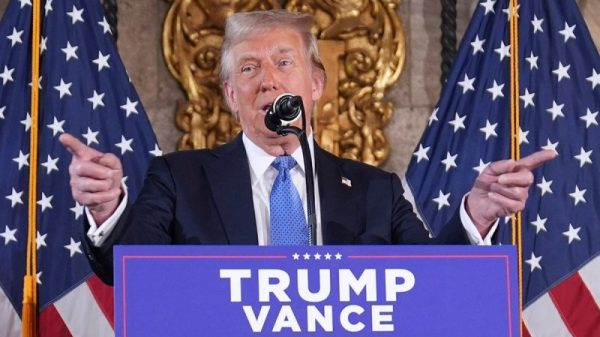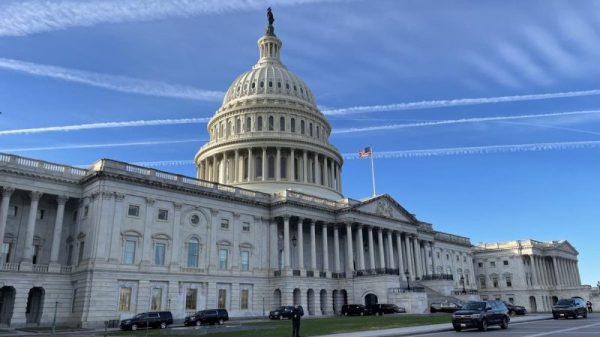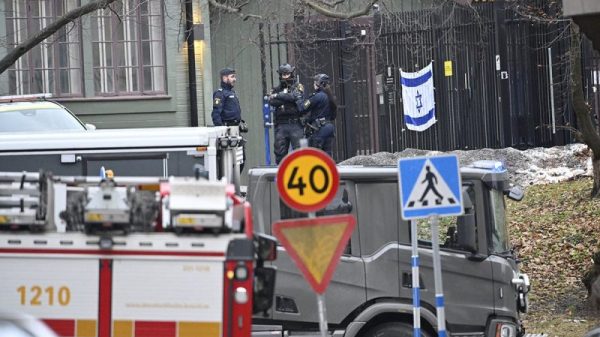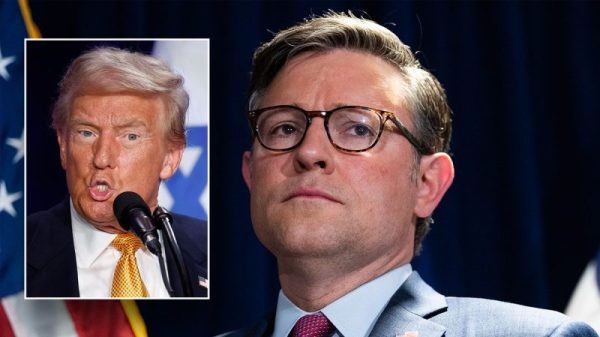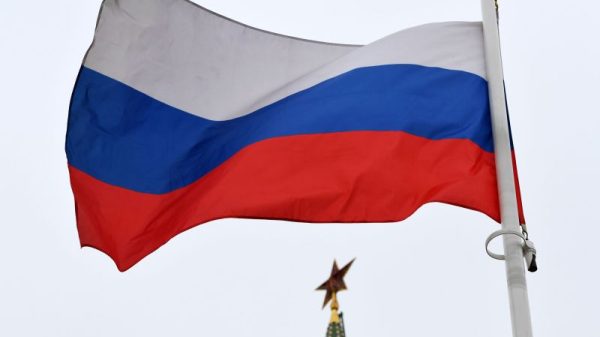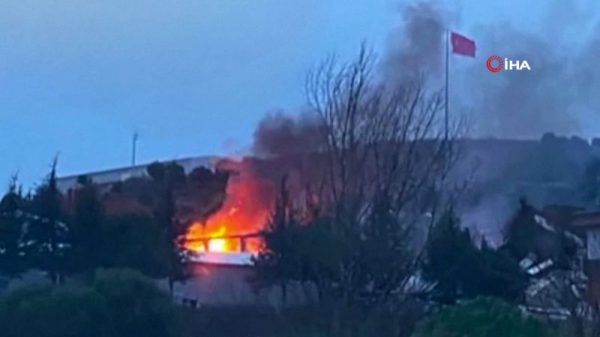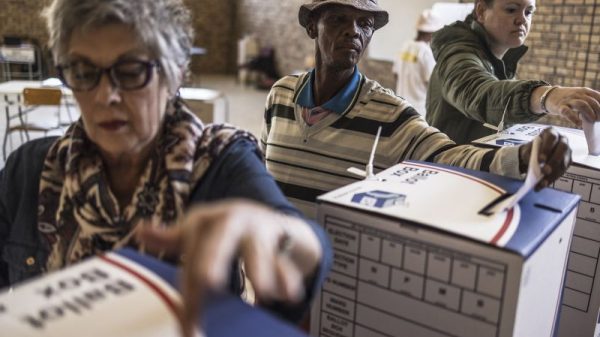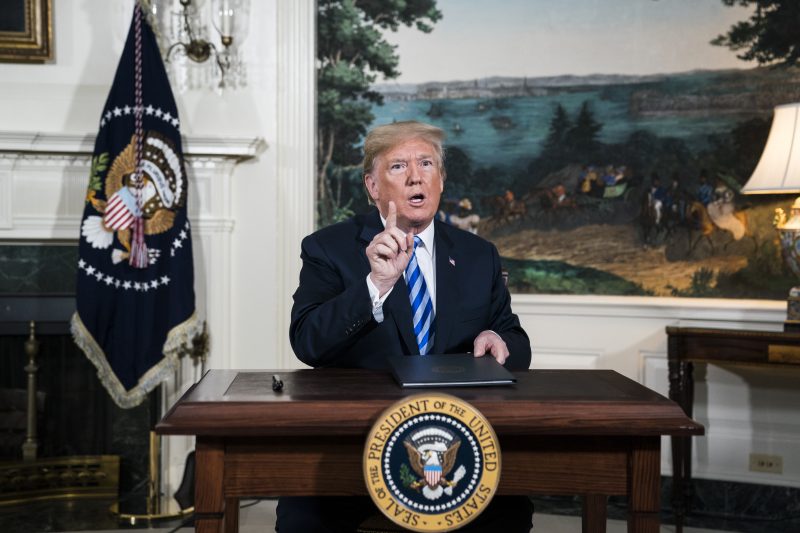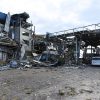Donald Trump’s campaign has made great pains to combat the narrative that Trump repeatedly denigrated dead and injured soldiers.
Donald Trump himself keeps saying and doing callous things regarding dead and injured soldiers that make that much more difficult.
Democrats in the 2024 race have focused extensively on reported comments — confirmed last year by Trump’s former chief of staff, John F. Kelly — in which Trump referred to dead soldiers as “suckers” and questioned why people would join the military. The reported comments are hardly the only examples of Trump saying off-color things on the subject, but they are the most pronounced.
Still, even as that particular dispute has simmered, Trump keeps breathing life into the same narrative.
In mid-August, Trump called the Presidential Medal of Freedom, which is awarded to civilians, “much better” than the Presidential Medal of Honor. He said that was because the latter is awarded to soldiers who are “either in very bad shape because they’ve been hit so many times by bullets or they’re dead.”
(The Veterans of Foreign Wars and other veterans groups denounced the comments as crassly minimizing the sacrifices of soldiers.)
Later that month, Trump campaign staffers got into an altercation with a staff member at Arlington National Cemetery who tried to stop them from holding a Trump photo op in a highly restricted area of the cemetery — a photo op that appeared to run afoul of federal law. At least one family whose loved one’s gravesite was featured in a Trump campaign video of the event objected.
And on Tuesday came another significant entry: Trump downplaying the traumatic brain injuries suffered by more than 100 U.S. soldiers in a 2020 Iranian missile attack as mere “headaches,” when they were clearly much more than that.
The event Trump was talking about was Iran’s strike on Ain al-Asad air base in Iraq — an attack that followed the Trump-ordered killing of Iranian military commander Qasem Soleimani.
It’s not the first time Trump has downplayed these injuries; he said much the same thing shortly after Iran’s strike. But Trump’s new comments come in a much different context, and with much more known about the very real severity of the injuries.
Trump initially claimed on Jan. 8, 2020, that there were “no Americans harmed,” a claim that soon proved false. As the numbers diagnosed with traumatic brain injuries gradually grew, he shifted to insisting that the injuries were “not very serious.”
“I heard they had headaches and a couple of other things,” Trump said on Jan. 22.
These comments also drew criticism from the VFW.
It was evident at the time that Trump had a political and strategic interest in downplaying the toll of Iran’s strike. He had just days before promised to launch massive strikes against Iran if it “strikes any Americans, or American assets.” Trump said even “Iran itself, WILL BE HIT VERY FAST AND VERY HARD.” Despite Iran’s clearly striking an American asset and injuring U.S. soldiers, Trump did not retaliate. And minimizing Iran’s strike made it look as though Iran was afraid of too much escalation.
Not only does that strategic interest not really apply anymore, but we’ve also learned plenty in the years since the attack that makes clear the injuries went well beyond “headaches.”
Trump’s 2020 comments came before the extent of those injuries was fully appreciated; the number rose to 34 in January and then to more than 100 the next month. And some involved later reported majorly debilitating symptoms — along with the possible politicization of their cases.
CBS News in November 2021 highlighted a few of the cases:
“The person I was prior to a traumatic brain injury, he’s gone,” Platoon Sergeant Daine Kvasager said. “There’s parts that remain. The pieces are all still there, just — yeah, he’s not coming back.”
Intelligence officer Hailey Webster said she was forced to retire from the Army because of her injuries, saying her “brain still works but it doesn’t have any stamina, and it very frequently just stops working.”
Mike Pridgeon said he still suffered from constant headaches, memory loss and vision issues, adding: “My wife will say I used to be so articulate, but now I’m almost like a stroke patient.”
Another victim, Jason Quitugua, died by suicide in 2021. “He struggled, you know, like we all are, like I am,” Kvasager said of Quitugua.
A 2023 academic study of 35 of the traumatic brain injury cases found more than half experienced “post-traumatic amnesia.” Two of the patients underwent “several weeks of intense outpatient” rehabilitation.
That CBS piece highlighted the struggles of some of the soldiers to obtain Purple Hearts and the lifelong medical benefits that come with the award. The soldiers and others involved in the effort said it was at times thwarted for fear of escalation with Iran and undercutting Trump.
Trump to this day has an interest in downplaying Iran’s strike — politically, at least. It came on his watch, and he didn’t retaliate, despite his threat. He has minimized the strike in other ways in recent years, including falsely claiming Iran deliberately missed its target.
But downplaying the injuries comes with a cost to those who suffered them. And just as it has been on several occasions before, that seems to be a price Trump is willing to pay.


